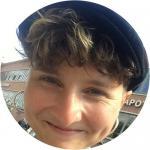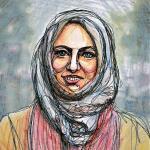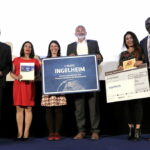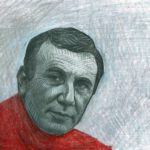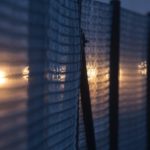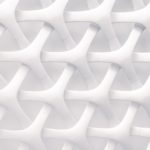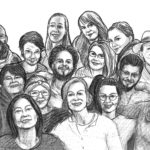Salam,
bitte melde dich kostenlos an, um den vollständigen Text zu lesen. Wenn du Fragen dazu hast, melde dich per Mail an team@kohero-magazin.de
Dank unserer kohero kommunity bleiben alle Inhalte kostenlos zugänglich. Wenn du an unsere Mission glaubst und uns dabei unterstützen möchtest, die Perspektiven von Menschen mit Migrations- und Fluchtgeschichte zu veröffentlichen, schließe hier deine Membership für kohero ab! Bis zum 1.7.24 brauchen wir 1.000 koheroes, die uns finanziell unterstützen. Und das geht bereites ab 5 € im Monat!



